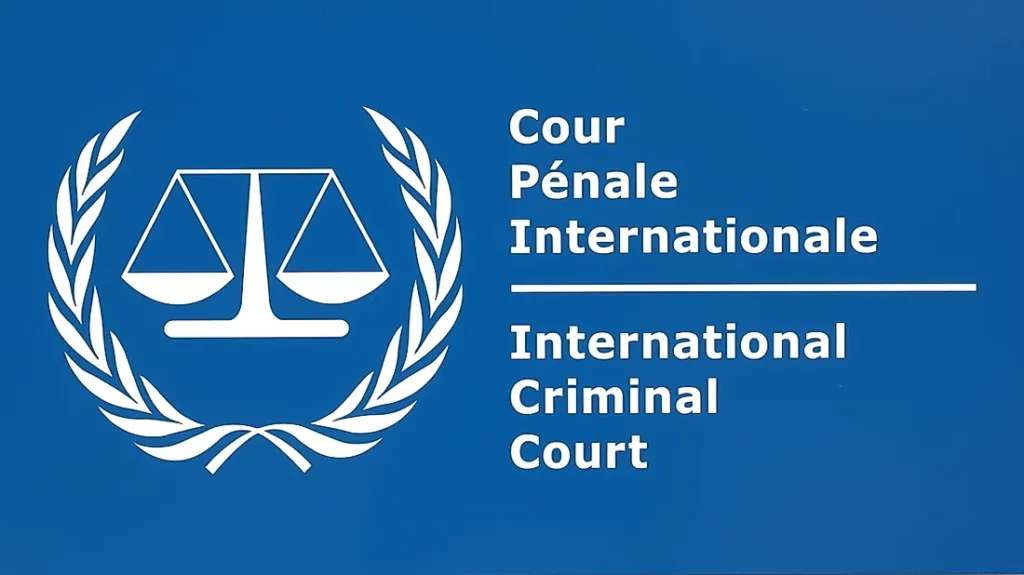
by Rahim Said
At long last, what we have been hoping for happened at the Hague. The International Criminal Court (ICC) has applied for an arrest warrant for war crimes against Benjamin Netanyahu, the Israeli Prime Minister.
The application of an arrest warrant against Israeli Prime Minister Benjamin Netanyahu by ICC marks a seismic shift in international law and geopolitics.
This move by ICC prosecutor Karim Khan, accusing Netanyahu and Defense Minister Yoav Gallant of war crimes and crimes against humanity, including ‘starvation,’ ‘wilful killing,’ and ‘extermination and/or murder,’ is laden with profound implications.
Firstly, this development signals a bold assertion of the ICC’s jurisdiction and willingness to pursue high-profile leaders from powerful nations. Historically, the ICC has faced criticism for disproportionately targeting African leaders, leaving major players in the global arena relatively unscathed.
The targeting of Netanyahu, a sitting prime minister of a nation with significant international influence and backing, indicates a potential recalibration of the ICC’s approach to justice and accountability.
The charges themselves — rooted in allegations of widespread and systematic attacks against the Palestinian civilian population — underscore a longstanding and deeply contentious issue.
For decades, the Israeli-Palestinian conflict has been marred by accusations of human rights abuses, but rarely have such charges against Israeli leaders reached this level of judicial scrutiny. This could pave the way for heightened international debate and pressure on Israel, potentially straining its diplomatic relations and impacting its global standing.
Moreover, the timing of this warrant is crucial. In an era where global politics is increasingly polarized, the ICC’s actions might serve as a litmus test for international responses to allegations of state-sanctioned crimes.
Countries and international bodies may be compelled to reassess their positions and policies concerning Israel. Allies of Israel, particularly the United States, which has historically shielded Israel from severe international censure, might face intensified pressure to justify their unwavering support amidst these grave accusations.
Domestically, this move could catalyse significant political upheaval within Israel. Netanyahu, a polarising figure, may find his political career and legacy under severe threat, potentially altering the landscape of Israeli politics.
The charges, if proven, could trigger a crisis of legitimacy for Netanyahu’s administration, raising critical questions about accountability and justice within the nation’s political and military hierarchies.
For the Palestinian people, the ICC’s actions might represent a flicker of hope for justice long sought. However, the road to actual accountability and meaningful change remains fraught with challenges.
The complexities of international law, coupled with geopolitical maneuvering, mean that achieving tangible outcomes from these warrants could be an arduous process.
In conclusion, the ICC’s issuance of arrest warrants against Netanyahu and Gallant is not just a legal action; it is a statement with far-reaching implications. It challenges the international community to confront uncomfortable truths about power, justice, and accountability.
As the situation unfolds, it will undoubtedly provoke robust discussions and potentially reshape dynamics within and beyond the Middle East.
Whether it leads to substantive justice or becomes another chapter in the protracted saga of the Israeli-Palestinian conflict remains to be seen.
Dr. Rahim Said is a human behaviourist and regular contributor on digital media platforms. He is a professional management consultant, a corporate trainer and an executive coach specialising in coaching of senior executives and individual entrepreneurs with the purpose of modifying their behaviour in the pursuit of their cherished missions. (The views expressed by our columnist are entirely his own)
WE